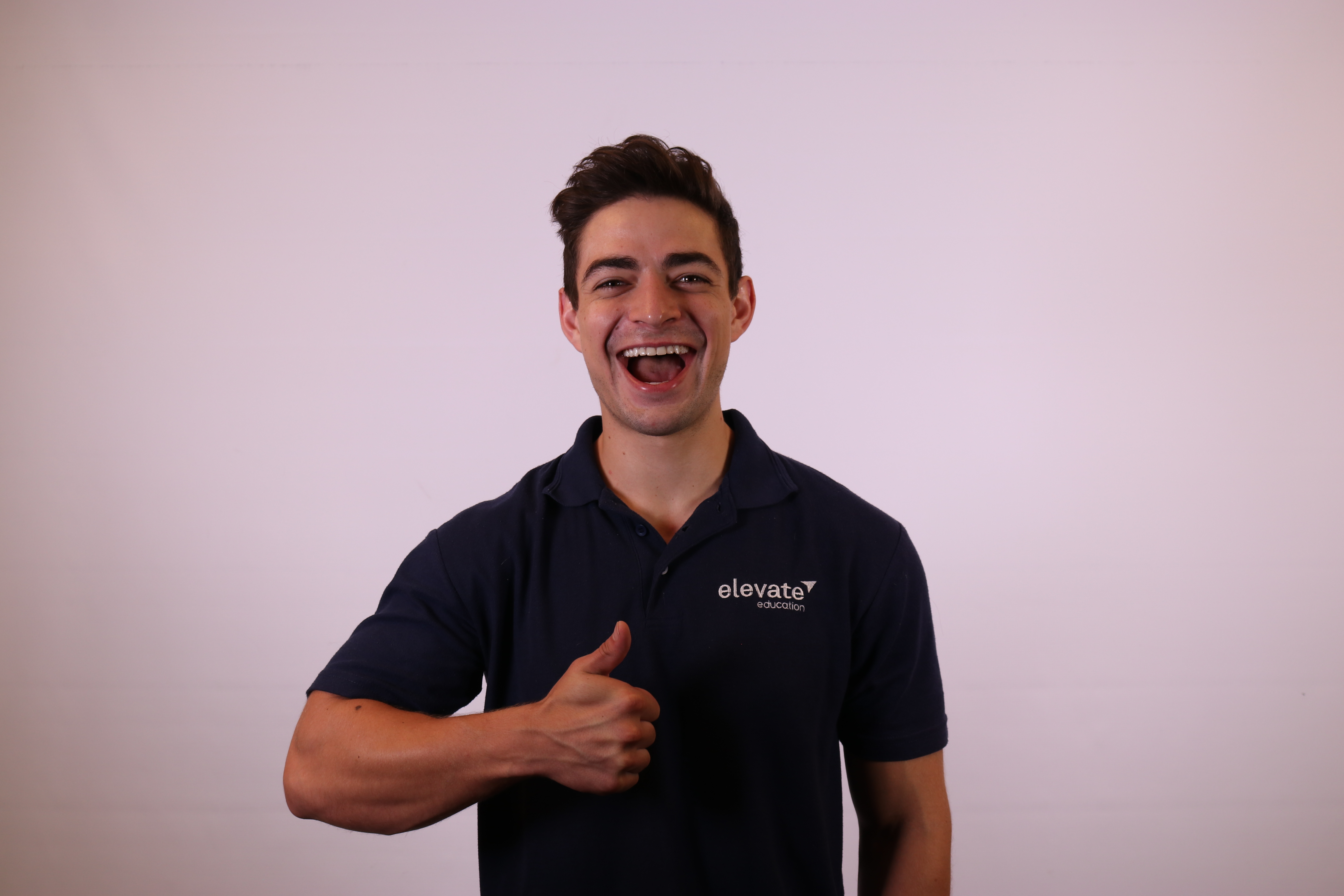Memorising an essay
Memorising topic sentences by using 'Somebody that I used to know'...
Start Browsing
Start browsing
< Wait, I have a password

to your account
 Facebook
Facebook
< Wait, I don't have a profile yet
Reset Password >
to save your details
 Facebook
Facebook
< Wait, I already have a profile

Start browsing
< Wait, I have a password



Pick a subject, perhaps one you’re struggling with at the moment. Now, have a think about your abilities in this subject. What is it that you can’t do? Take a pen and paper and write this list of things you think you can’t do down. Now, ruffle the paper up and throw it into the bin.
Why did we make you do this? To prove to you that there are some limiting beliefs deeply engrained into your mindset. Whenever you say or think “I can’t”, you are basically saying to your brain that you expect to fail and that there’s no point in trying. Thinking things like “I can’t” indicates a fixed mindset, that there’s no point in even trying.
It’s simple, saying or thinking “I can’t” means you are setting yourself up to fail. When you think those words, your brain believes it and thus you sabotage yourself as you have limiting beliefs in your head.
Beliefs Are Key. Our beliefs open up a possibility of taking action. Just look at some of the top students that you know. To determine the success of a student, look into their beliefs and mindset.
In order for things to start changing for you as a student when it comes to your mindset and your beliefs, start by identifying where you have a fixed mindset. That is, anywhere you feel like you “can’t” do something.
Secondly, you’ll now need to assign action steps. It’s as simple as changing the words you use. Instead of saying “I can’t”, say “I can”. Sounds pretty simple, almost too simple, but you see…
Our brains cannot tell the difference between what we’re thinking and what’s happening in reality. For example, close your eyes and imagine you’re going down the world’s steepest rollercoaster, speeding down the tracks and screaming your lungs out. You can feel your stomach making a dent as you approach the loop at the bottom.
Are your palms sweaty? Knees a bit weak? Adrenaline pumping through your veins? Exactly what we thought. You simply imagined going on a rollercoaster, and the brain believed you! In other words, visualize that you’re doing well. Use the words “I can”, the brain will believe you and you will start to see an improvement in performance in your studies.
Change your words and thoughts, because first you make your beliefs and then your beliefs make you. Your thoughts control your beliefs, your beliefs control your feelings and your feelings control your actions!
 -
-